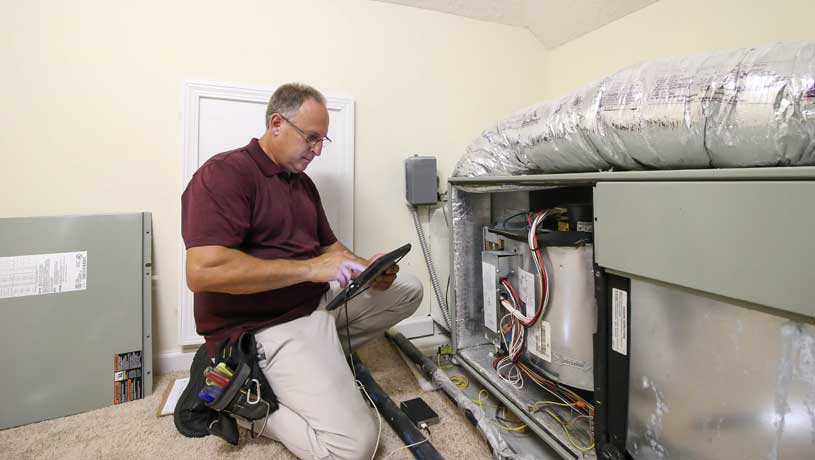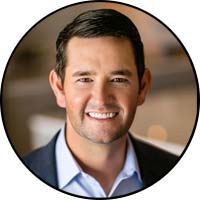Upfront Costs for Home Buyers
Published on AUGUST 17, 2020 by ROB HASTINGS | Updated on FEBRUARY 14, 2023
Okay, great! You have found the perfect house. You have also saved for your downpayment and the expected closing costs.
But buying a home has some other upfront costs that can surprise you if you aren't expecting them.
Let's explore these home buyer upfront costs.
1. Binder Deposit
The first upfront cost for homebuyers is the binder deposit. You may have heard this deposit referred to as earnest money or good faith deposit.
The binder deposit is a way for the buyer to indicate to the seller that he or she is serious about purchasing the home, and in doing so, the binder deposit is offered in good faith and placed in an escrow account usually at the title company or with the attorney handling the closing/settlement of the home.
In Northeast Florida, it is standard for the binder deposit to be due within 3 days of acceptance of the contract. It is also standard for the binder deposit to be 1% of the purchase price, although this amount is negotiable and may even need to be higher to win a house bidding war. As a result, this is the largest upfront cost for homebuyers.
However, the binder deposit is refundable for any reason during the inspection period, and the binder deposit is applied to the buyer's closing costs or downpayment at closing.
In short, the binder deposit is still the buyer's money, but it is still an amount that a home buyer should be prepared for when starting his or her home search.
2. Inspections
The second upfront cost for homebuyers is the cost of inspections.
Inspections, which usually occur within the first 10 to 15 days of the contract, can include a regular home inspection, wood-destroying organisms (WDO) inspection, septic inspection, well inspection, wind mitigation inspection, and four-point inspection, among others.

Getting a home inspection is an upfront, out-of-pocket cost, but it's money well-spent knowing that your future home has been professionally inspected.
Performing a home inspection is solely at the discretion of the buyer; it is not required but certainly recommended. Additionally, not all homes will require all the inspections listed above. For example, homes without a septic system or well will obviously not require those inspections, and newer homes will likely not require a wind mitigation or four-point inspection.
Buyers should plan on $400 to $1,000 for total cost of inspections. This is a ballpark estimate and is highly dependent on the inspection company used as well as the number of inspections performed.
3. Appraisal
The final upfront cost for homebuyers is the cost of the appraisal.
The appraisal is ordered by the buyer's lender, and in most cases, the lender requires the buyer to pay for the appraisal at the time it is ordered. Some lenders will allow buyers to pay for the appraisal at closing, but this is rare and should be viewed as an exception and not a rule.
The cost of the appraisal is dependent on the size of the home and often the type of mortgage loan, but most buyers can count on a cost of approximately $500. The appraisal is usually ordered within the first two weeks of the contract.
Question: What if I cancel the contract?
Great question!
As mentioned above, in our local market, the binder deposit is fully refundable for any reason during the inspection period (usually the first 10 to 15 days of the contract) or if the seller does not agree to make the buyer's requested repairs. The binder deposit is also refundable if the buyer cannot obtain financing during the loan approval period.
For the home inspection and appraisal, these are services performed by vendors. As a result, once these services are complete, they are non-refundable.
Bottom Line
Many buyers believe their only out of pocket expenses are for a downpayment or closing costs. However, buying a home has many upfront costs which can add up quickly if you aren't prepared.
Related Articles:
CDD Fees: What You Need to Know
Best to Buy an Existing Home or Build New?
ABOUT THE AUTHOR:

Rob Hastings is a top-producing real estate agent in Jacksonville, Florida and helps buyers, sellers, and investors of homes and property throughout all of Northeast Florida. He works with his wife Nancy as a husband-and wife-team with Keller Williams Realty Atlantic Partners. When not helping his clients navigate the real estate process, Rob enjoys working on old Corvettes and playing music (guitar and piano). A U.S. Naval Academy graduate and former Naval Officer, he also loves boating and simply spending time on the water.
